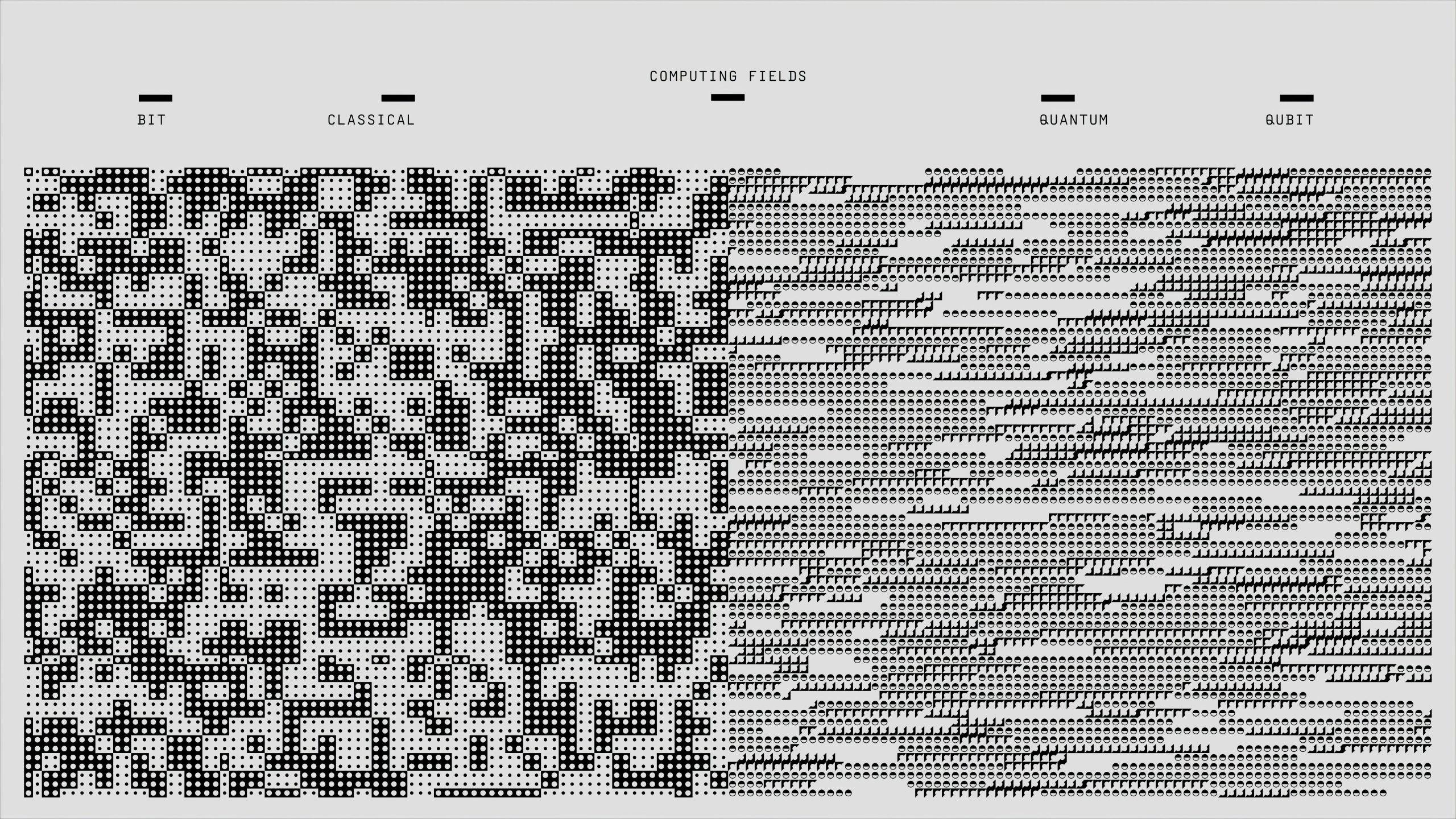The world of computing is on the brink of a revolution, and quantum computing devices are at the forefront of this transformation. Unlike classical computers that rely on bits to process information as 0s and 1s, quantum computers use quantum bits, or qubits, which can exist in multiple states simultaneously. This fundamental difference unlocks unprecedented processing power, enabling solutions to problems that were once considered unsolvable. From cryptography to drug discovery, quantum computing promises to redefine how we process data, making it faster, smarter, and more efficient than ever before.
What Are Quantum Computing Devices?
Quantum computing devices are advanced machines that leverage the principles of quantum mechanics to perform computations. At their core are qubits, which differ from classical bits in two key ways: superposition and entanglement. Superposition allows qubits to represent both 0 and 1 at the same time, while entanglement enables qubits to be interconnected in such a way that the state of one instantly influences another, regardless of distance.
These properties allow quantum computers to explore multiple solutions simultaneously, drastically reducing the time required for complex calculations. While classical computers process tasks sequentially, quantum devices can handle vast amounts of data in parallel, making them ideal for optimization problems, simulations, and large-scale data analysis.
How Quantum Computing Will Revolutionize Data Processing
The impact of quantum computing on data processing is profound. Here are some key areas where it will make a difference:
1. Unmatched Speed and Efficiency
Quantum computers can solve certain problems exponentially faster than classical computers. Tasks like factoring large numbers, which would take traditional machines thousands of years, could be completed in minutes. This speed will transform industries such as finance, logistics, and cybersecurity.
2. Breakthroughs in Artificial Intelligence
Machine learning algorithms require massive computational power to process and analyze data. Quantum computing can accelerate training times, enabling AI systems to learn faster and make more accurate predictions. This could lead to advancements in natural language processing, image recognition, and autonomous systems.
3. Enhanced Cryptography
Current encryption methods rely on the difficulty of factoring large numbers, but quantum computers could break these codes effortlessly. On the flip side, quantum cryptography offers unbreakable security through quantum key distribution (QKD), ensuring data remains protected in the quantum era.
Challenges in Quantum Computing Development
Despite its potential, quantum computing faces several hurdles before it becomes mainstream:
- Qubit Stability: Qubits are highly sensitive to environmental interference, leading to errors in calculations. Maintaining coherence—keeping qubits stable long enough to perform computations—is a major challenge.
- Scalability: Building quantum computers with enough qubits to solve real-world problems is difficult. Current devices have only a few dozen to a few hundred qubits, far fewer than what’s needed for practical applications.
- Error Correction: Quantum error correction is essential to mitigate noise and decoherence, but it requires additional qubits, complicating the scaling process.
Researchers are actively working on solutions, such as topological qubits and improved cooling systems, to overcome these obstacles.
Industries That Will Benefit from Quantum Computing
Quantum computing will disrupt multiple sectors, offering innovative solutions to long-standing challenges:
1. Healthcare and Drug Discovery
Simulating molecular interactions is incredibly complex for classical computers. Quantum devices can model chemical reactions at an atomic level, speeding up drug development and personalized medicine.
2. Finance and Risk Analysis
Portfolio optimization, fraud detection, and high-frequency trading rely on processing vast datasets. Quantum computing can analyze these scenarios in real-time, improving decision-making and reducing risks.
3. Climate Modeling and Energy
Accurate climate predictions require simulating countless variables. Quantum computers can enhance weather forecasting and optimize renewable energy systems, contributing to sustainability efforts.
Conclusion
Quantum computing devices represent a paradigm shift in data processing, offering speed and capabilities far beyond what classical computers can achieve. While challenges remain, the progress in this field is accelerating, bringing us closer to a future where complex problems are solved in seconds. From revolutionizing AI to transforming industries like healthcare and finance, quantum computing is set to redefine the technological landscape. As research continues and these devices become more accessible, their impact will only grow, ushering in an era of faster, smarter, and more efficient data processing.
